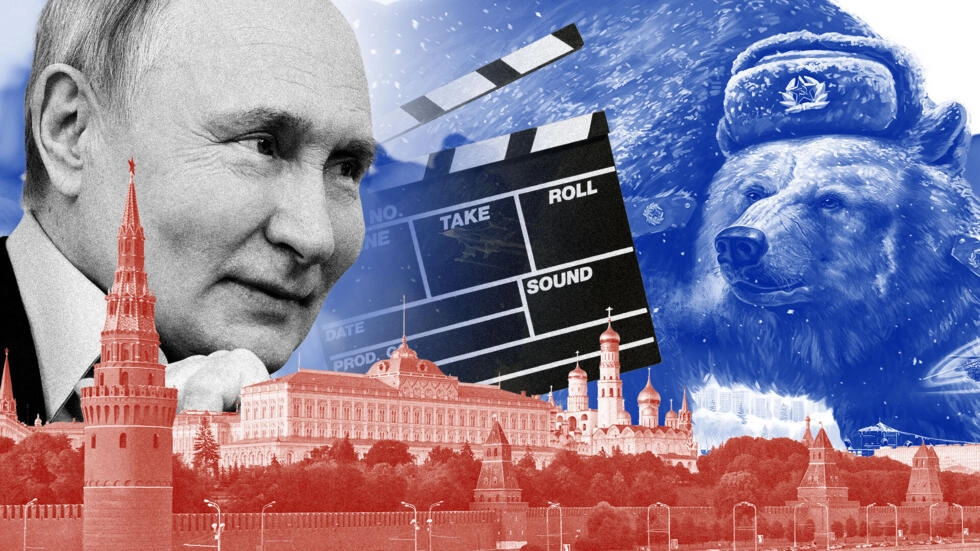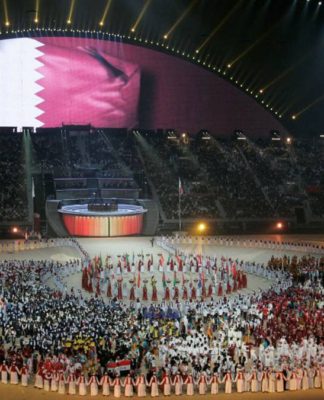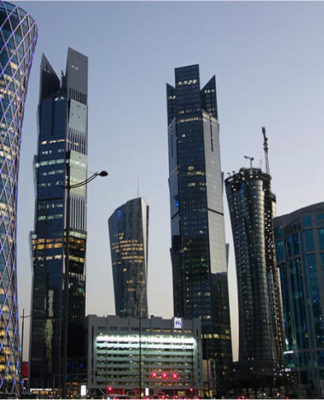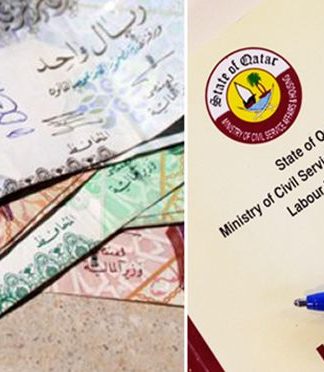Back to homepage / Europe
INFORMATION WARFARE
‘Kremlin Leaks’: Files detail Putin’s €1 billion propaganda effort ahead of presidential vote
Leaked documents describe the Kremlin’s concerted efforts to influence public opinion – using cinema, streaming series and TV programmes – to promote a narrative of Russian heroism, traditional values and loyalty towards President Vladimir Putin ahead of his March 15-17 bid for re-election.
Issued on: 27/02/2024 – 21:03
5 min
The ‘Kremlin Leaks’ illustrate how Vladimir Putin’s re-election campaign uses cinema as a weapon.
The ‘Kremlin Leaks’ illustrate how Vladimir Putin’s re-election campaign uses cinema as a weapon. © Studio Graphique France Médias Monde
By:
Sébastian SEIBT
Internal Kremlin documents obtained by the Estonian news website Delfi revealed the workings of a €1 billion effort to keep Vladimir Putin comfortably in power and promote Russian nationalism on the home front.
The “Kremlin Leaks” documents show how Moscow is waging what it calls an “information war” inside Russia. The most recent documents obtained by Delfi – working in partnership with around 10 other international media outlets – date back to December 2023.
The overriding objective of this propaganda push is to re-elect Putin for a fifth term in the upcoming presidential election on March 15-17. About €631 million was allocated for the Kremlin’s information war, according Vsquare, an investigative journalism site specialising in Eastern European news that also worked on the documents.
But the Kremlin is also paying special attention to what it calls “new territories” – referring to Russian-occupied areas in mainly eastern Ukraine, where it has spent hundreds of millions of euros “to ensure the population’s loyalty”, notes Vsquare.
The total planned budget for this state-sponsored “information war” ahead of the presidential elections was €1.1 billion. The entertainment sector – television, cinema and online content – takes the lion’s share of this budget, notes Meduza, an independent Russian investigative site that was a partner in the project.
Files seen by Meduza reveal the Putin administration’s focus on creative works that highlight “traditional values” and show that “positive changes in the way Russians live are fundamental trends”.
Content should strive to exalt “modern [Russian] heroes of whom everyone can be proud” and should also aim to promote the unity of the country by offering a sense of national belonging to “residents of the new territories”, as the documents refer to residents of Russian-occupied east Ukraine.
This type of roadmap “is nothing new in spirit, and is reminiscent of the guidelines given for film studios in the 1930s”, says Jeff Hawn, a Russia specialist at the London School of Economics, referring to the Hays code of standards used for decades by the US film industry.
“The ‘Kremlin Leaks’, above all, reveal the financial details of the ecosystem set up to push the narrative desired by Russian power,” says Vlad Strukov, professor at the University of Leeds and a specialist in Russian cinema.
Around 15 organisations and associations received nearly €600 million to produce content in line with the objectives outlined by Russian authorities. The big winner of this funding, according to the leaked files, is the Institute for Internet Development (IID), which has received more than €400 million since the beginning of 2023.
The IID was founded in 2015 to “establish dialogue between stakeholders in the Internet ecosystem and the government”, according to a 2023 Meduza article devoted to the institute’s rising influence. But in 2017 its purpose changed, and the IID became a fund for financing content aimed at young people, Meduza said.
But the IID no longer just churns out memes or series for teenagers. It now represents one of the main sources of financing for films and TV shows in Russia, according to Meduza. It is the archetype of these “alternative organisations” taking the place of former sources of funding for the arts that the “regime uses to push its own narrative”, explains Strukov.
For the presidential election, the IID has prepared a “creative campaign content” document detailing a dozen film projects, broadcasts and even music festivals.
One such series, called “GDR” (for German Democratic Republic, as East Germany was known during the Cold War), is about the daily life of an intelligence officer of the period. Strukov said it “gives a positive image of the security services agent”, responsible for fighting against Western influence. The subject of the series is a barely veiled allusion to Putin, who held a similar intelligence position in his younger years.
There is also “20/22”, a series that evokes the love story between a young Russian who goes on a “humanitarian mission in the Donbas” with a young woman opposed to the “special military operation” (the official euphemism used by Moscow to refer to the February 2022 Russian invasion of Ukraine).
According to Hawn, this is the first time that Putin’s team has gone to such lengths to guarantee victory at the polls for the Russian president. “It shows how, since the war, Putin and his inner circle have had to be more proactive and hands-on to frame the narrative before an election, because they cannot trust the system to work for them as much as before,” Hawn said.
Since Putin’s re-election is assured, the aim is to “pre-rig the election” – to do as much as possible ahead of time so that the actual “manipulation of voting results is as small as possible”.
If the flood of pro-Putin propaganda can increase the president’s margin of victory, it will send a message “to the Russian political class and give the impression that Putin still has big support among the masses, and therefore there is no reason to look for an alternative”, said Hawn.
He said another lesson from Kremlin Leaks is the increasingly ideological orientation of the Russian regime. The cult of personality has long been a feature of Putin’s rule, but “one of Vladimir Putin’s strengths, before the war in Ukraine, was that he knew when to be pragmatic”.
But now, the Kremlin is emphasising the ideological battle with a “decadent West” and is using all the tools of propaganda at its disposal to champion Russian “values”.
Despite the Kremlin’s attempts to control the narrative, “Russia is not China in terms of controlling access to culture – the public can see Western productions or those from South America and Asia,” Strukov observed.
The leaks show the way in which the regime “delegates the production of the narrative developed by the Kremlin to different structures, like the IID, to be able to produce a competitive media offer in the face of these other influences”.
Meduza cited one IT insider as saying that the state finally realised that “the content on that massive, costly Internet was being produced by everybody except the state itself”.






























